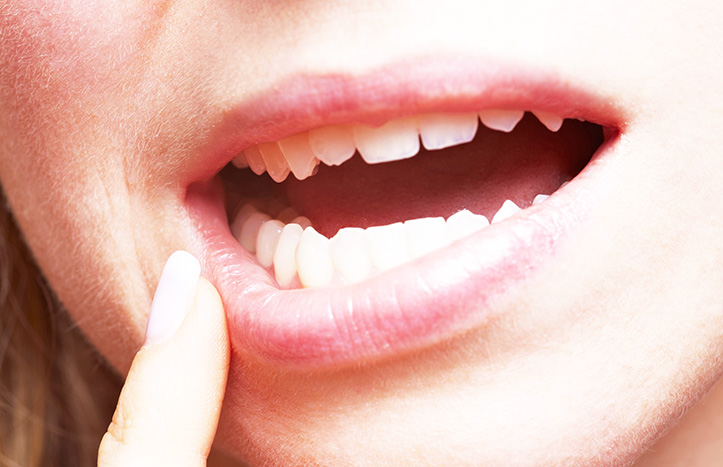An average person has 4 wisdom teeth. However, it’s very much possible for some people to have more, less or none at all. If you have them, it’s for certain that the day wherein you need decide whether or not you should have them removed will arrive. There are risks that come with having them removed as well as not having them removed.
Maybe your dentist is telling you to have yours removed ASAP. However, as of the time being you may not be so sure. Keep on reading this article so that you may have an idea on whether or not you should give your dentist the go signal to get your wisdom removed.
What are Your Wisdom Teeth?
Basically, your wisdom teeth are the last set of teeth to show up. They are called as such because they usually surface when an individual is between 17 and 21 years of age, which is deemed old enough for the person to have obtained some wisdom. You have two wisdom teeth at the top and two more on the bottom, all of them situated at the back of your mouth.
Some people keep their wisdom teeth for as long as they are breathing without any problem. The same, however, cannot be said for others as it’s possible for their wisdom teeth to cause unnecessary problems, which oftentimes warrants their removal.
When Should They be Removed?
Most dental experts say that the wisdom teeth are best removed before the individual turns 20. That’s because they are much easier to extract at that age. The roots and bones of the teeth are softer as they’re not yet fully formed. As an added bonus, a younger person tends to bounce back from the extraction at a much faster rate.
However, people who are older than 30 years old and have no problems concerning their wisdom teeth may decide to keep them for life.
When Does a Problem Strike?
Sometimes the jaw of a person is not big enough to accommodate extra teeth. As a result of such, the wisdom teeth may become impacted, which means that they can get stuck in the jaw and fail to break through the gums.
This can cause crowding of the other teeth. Such is not a good thing because it can cause pain and discomfort. What’s more, it can cause swollen and infected flaps in the gums to appear. This kind of problem usually makes its presence known when the individual is between 15 to 25 years of age.
What Other Issues May Happen?
Even if the wisdom teeth have successfully broken through the gums, the person is not out of the woods yet. Because the wisdom teeth can be extremely challenging to clean due to where they are situated, it can be easy for cavities to strike.
Gum disease may also happen in the future as a result of cavities. According to dentists, it can be difficult to treat gum disease that has progressed to an advanced stage. They add that such can cause damage that’s irreversible.
What are the Risks of Removing Them?
Just like with all other medical procedures, there are risks that come with having the wisdom teeth removed. This is most especially true whenever a general anesthetic is administered. However, it’s also important to take note that there are also risks that come with not removing the wisdom teeth, in particular those that are causing some problems.
Before making a decision, see to it that you carefully weigh the pros and cons. It’s also a good idea to consult the most reputable and experienced dentist in your area.








